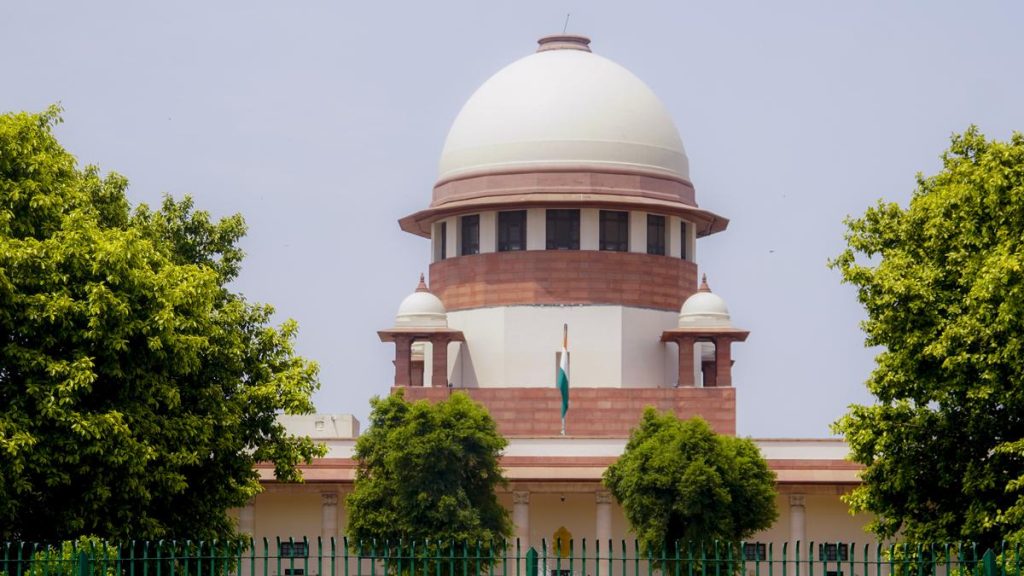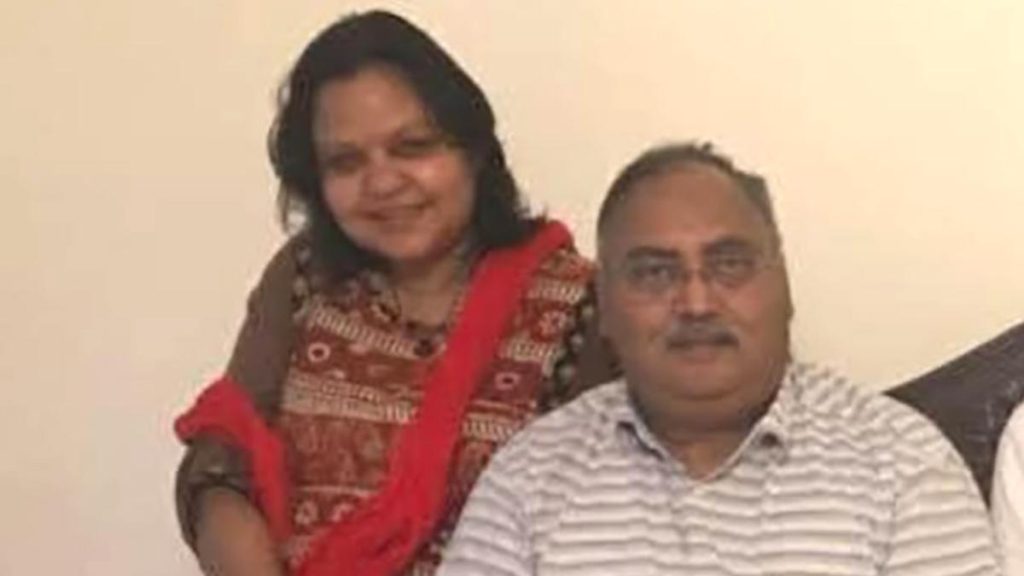Now Reading: Madras High Court Denies Plea to Restrict Temple Prasadam Stall to Vaishnavite Brahmins
-
01
Madras High Court Denies Plea to Restrict Temple Prasadam Stall to Vaishnavite Brahmins
Madras High Court Denies Plea to Restrict Temple Prasadam Stall to Vaishnavite Brahmins
Quick Summary
- The Madras High Court on August 11, 2025, rejected a petition to allow only vaishnavite Brahmins to operate the prasadam stall (pathu Kadai) at Devarajaswamy Temple in kancheepuram.
- Justice N. Anand Venkatesh dismissed the case filed by 71-year-old petitioner L. ravi from Chennai, who argued that historical practice must continue without hindrance.
- Auction eligibility conditions now include familiarity with temple customs and Agama practices, alongside five years of experience in preparing prasadam at a Vaishnavite temple but exclude any mention of caste or community-specific requirements.
- A previous observation by Justice B.Pugalenthi clarified that ‘Vaishnavites’ refers broadly to those worshipping Lord Vishnu and not specifically Brahmins.
- The judge refused to halt the auction scheduled for August 13 and ruled it could proceed based on current eligibility conditions defined in the July 31 notification.
- Concerns were raised by the petitioner citing past instances where non-Brahmin operators allegedly violated sacred ingredient norms like avoiding onions and garlic.
Indian Opinion Analysis
The Madras High CourtS decision addresses an crucial issue of inclusivity versus traditional exclusivity within religious spaces, highlighting how public institutions manage changing societal expectations while respecting sacred customs.By removing caste-based restrictions yet maintaining qualifications tied to Agama traditions and experience, this ruling reflects a balance between progressiveness and adherence to religious practices specific to Hindu temples.
The broader implications could be significant for religious governance across India as courts increasingly scrutinize long-standing socio-cultural norms bound by caste hierarchies within temple management structures-paving ways for equitable access grounded in merit rather than exclusivity inferred through heritage alone.























